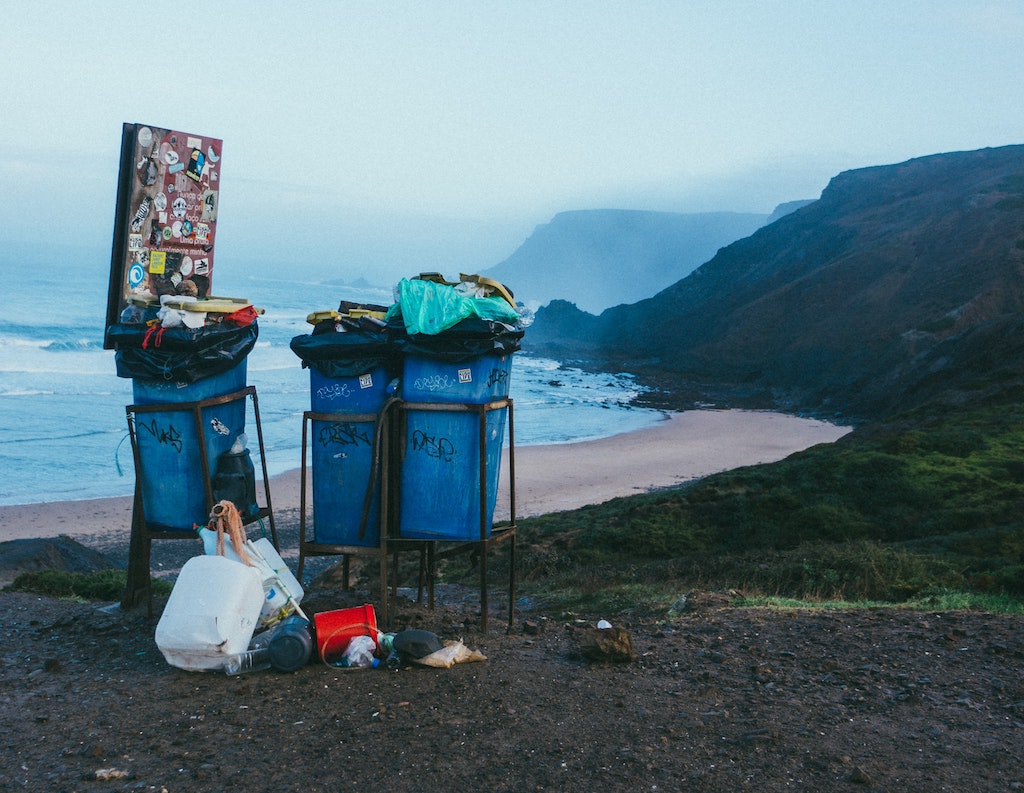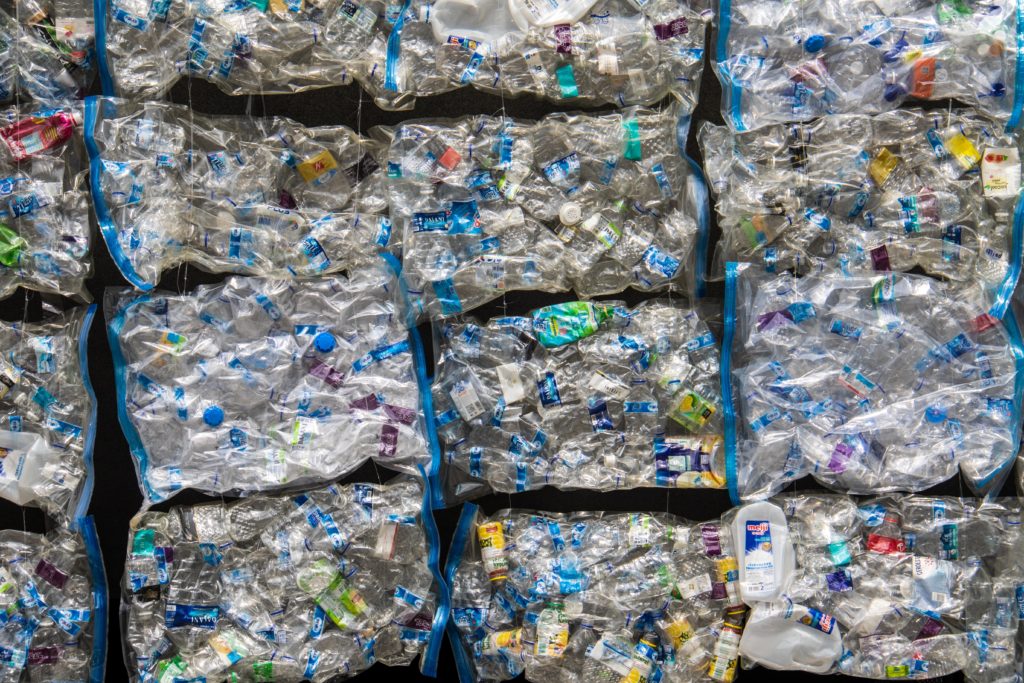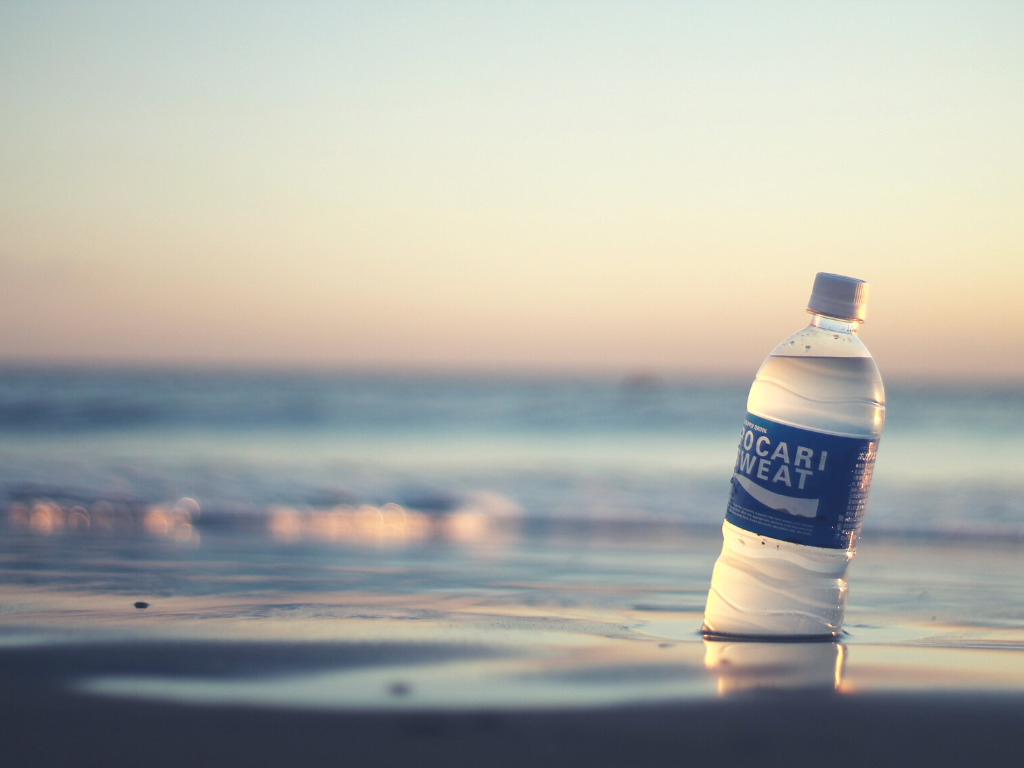Two of the Biggest Organizations Fighting Plastic Waste Announce New Partnership
3 Mins Read
Two of the world’s leading plastics organizations have partnered to end plastic pollution across Ghana, India, Mexico, Nigeria, Pakistan, South Africa, Indonesia, and Vietnam.
The World Economic Forum’s Global Plastic Action Partnership (GPAP) and UK-based nonprofit Wrap, say they’re entering into a formal partnership agreement aimed at addressing the global plastic waste issue. The new partnership will support Plastics Pacts and Global Plastic Action Partnerships.
“This partnership fills me with optimism as we continue on our journey to end plastic waste. WRAP has supported the development of Plastics Pacts on every populous continent on the planet and we see first-hand the value in tackling this issue collaboratively, across supply chains and across nations,” Marcus Gover, WRAP CEO, said in a statement. “This partnership with GPAP will enable us to collectively accelerate our impact on tackling plastic waste across the globe.”
Wrap and GPAP say the new partnership pairs together their resources and knowledge as a means to combat the “devastating” issue, with the potential to double their impact.
Increasing plastic action
The groups say they’re working across eight countries currently, spanning the globe from Mexico to Vietnam, with the goal of expanding the work in the coming months and years.
“The GPAP-WRAP partnership demonstrates the importance of organisations coming together in the direct planning, coordination and delivery of plastic waste pollution interventions, both at the global and national level,” Kristin Hughes, Director, Global Plastic Action Partnership, said.

“The partnership will allow us to breakdown patchwork interventions and to collaborate, share and implement best practice of keeping plastic in the economy and out of the environment. Our joint knowledge, expertise and experiences will harness how we identify legislative, policy and business practice solutions to the plastic pollution challenge. I look forward to seeing the positive impact this partnership will have on a global scale as we transition towards a more circular world.”
Wrap currently works to bring together governments, businesses, and the voluntary sector to change perceptions and behavior around plastic, particularly moving entities toward collaboration.
The new partnership will see new projects aimed at reducing plastic use.
UN plastic treaty
The announcement comes just weeks after UN member nations agreed to a global treaty aimed at reducing plastic pollution. That agreement would see an international committee set the treaty’s terms by the end of 2024.
“This is the most significant environmental multilateral deal since the Paris accord,” said Inger Andersen, executive director of UN Environment Program. “It is an insurance policy for this generation and future ones, so they may live with plastic and not be doomed by it.”

Global plastic production has increased significantly since 1950, ballooning from two million tons to more than 350 million in recent years. Much of that isn’t recycled, and more than ten million tons of plastic waste enter the oceans every year. That number is expected to triple by 2040.
Plastic waste in the oceans enters the food chain, poisons animals, and changes the pH of the ocean, making carbon sequestration more difficult.
Photo by Carlos Francis Fernandez on Unsplash




